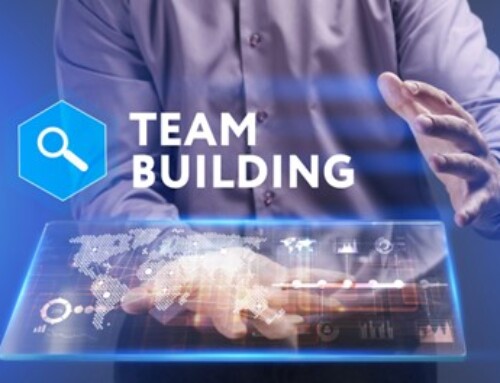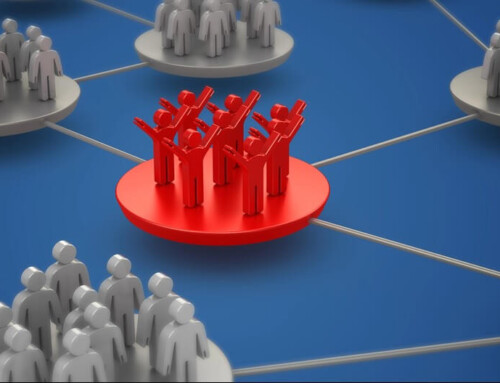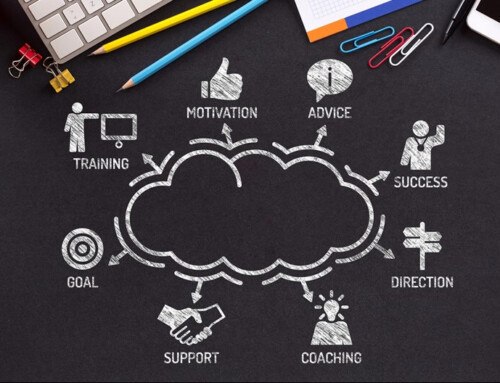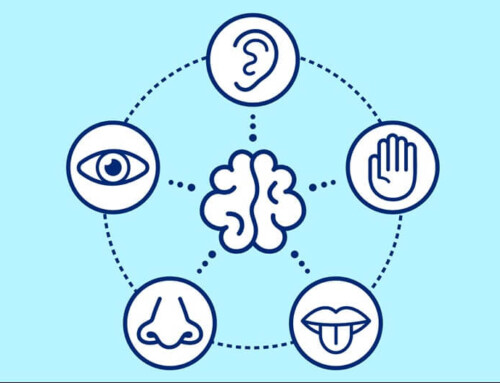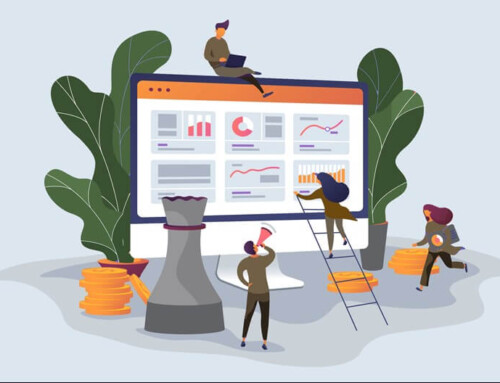The best meeting planners understand that forging—and maintaining—business relationships is critical to their success. Whether these things come naturally to you or not, the following ten habits are worth striving for and will benefit any planning efforts.
Timeliness
Tardiness looks bad, plain and simple. Whether it’s responding to emails promptly, showing up at a venue on time, or meeting deadlines, timeliness helps build a successful program. Frequently missed deadlines or cut-off dates not only can result in the loss of a venue, activity, vendor relationship, etc. but it can also result in increased costs.
Self-control
Meeting planning can be a stressful endeavor, but the best planners don’t let their stress alter their professionalism. Keeping emotions in check, especially when you have many deadlines, multiple people needing your attention plus a plane to catch to view a venue can be tough. However, learning to de-stress, or how to stay better organized can go a long way in controlling how you respond when the stakes are high.
Communication
A great planner shows initiative. Great planners take the lead in communication, recognizing that in many cases the stakeholders involved in the meeting don’t know how much work needs to be done…or in what order. Don’t wait for questions to be asked—be proactive, providing as much information up front as you can (without overwhelming them).
Clarity
If the key stakeholder in the meeting plan is new or inexperienced he or she will likely have a lot of questions or concerns, and will definitely not appreciate vague answers or unclear responses. There are a lot of moving parts in event planning, and a lack of clarity can cost you both trust and integrity. For an event to run smoothly, both of you must be on the same page, and this can’t happen without clarity.
Brevity
Stakeholders, like planners are busy people, with their own stressors and obligations. They have enough going on without having to deal with excessively-lengthy emails or longwinded voicemails. Communication is important, yes, but unnecessary communication wastes valuable time and resources. Keep it short, sweet, and to the point. When on the phone, have a prepared list of highlights that you need to discuss or find answers. If, on the other hand you are using email, use bullet points so that your message can be scanned quickly. (PRO TIP: At the end of your email, always indicate items that require stakeholder action.)
Attentiveness
The planner-stakeholder relationship is a two-way street. The stakeholder needs to listen to the planner, of course, but the planner should also listen to the stakeholder. Whether questions, concerns, or preferences, your stakeholder wants to feel heard. Paying attention to their body language as well as their words will help ensure that you’re giving them what they need. Furthermore, that attentiveness must translate to the tiny details. Your stakeholder is relying on you to take care of the little things, catch any mistakes, etc.
Honesty
Trust is a vital part of the key stakeholder-planner relationship, so it is extremely important that you are open and honest. If there are problems, it’s better to be honest about them than to pretend like they don’t exist. By bringing problems to the forefront both you and the stakeholder can work together to find a solution that is acceptable. (PRO TIP: When coming to a stakeholder with a situation or problem, always be sure to provide alternate solutions. Not only can this help expedite the resolution, but it also makes you look prepared and eager to keep the planning moving forward.)
Flexibility
Despite our best efforts to account for any unforeseen circumstances, even the best planners can be caught off guard by a sudden problem. In the event of a crisis, the key stakeholder needs to know that their planner can adapt. It doesn’t do any good to insist on how good your plan was if an unexpected issue renders that plan ineffective! The best planners can keep their cool and make the most of the hand they’re dealt, pulling off a successful event despite unforeseen problems.
Optimism
The planning process isn’t just stressful for you. It’s also stressful to the stakeholders involved. Being optimistic, even when faced with challenges, will go a long way in building trust, not to mention keeping stress responses at bay. You can discuss problems, of course, but it’s best to do so in an optimistic, encouraging fashion where you take the approach that there is no problem that can’t be solved with enough creativity.
Patience
There are a lot factors that come into play when planning a meeting or event, and your stakeholder may be vastly unaware with the process and the tasks needed to put the plan together. This is why being patient is important. There’s a learning curve, and while you might get frustrated by the peppering of questions, or feel some of concerns are unwarranted, your patience will go a long way in bringing peace of mind.
Conclusion
As a meeting planner your likeability is just as important as your productivity. While some stakeholders may be harder to please than others, these ten habits will always work in your favor – no matter who you work with or where your planning takes you.
Looking to outsource your meeting planning? Contact Gavel International to learn more about how working with us can streamline your process.
This article was last updated on June 10, 2025
- 4 Tips for Preserving Company Culture and Morale While Scaling Up - June 23, 2025
- Revitalize Meetings with Engaging Breakout Sessions - June 9, 2025
- Reconsider Best Practices Before They Leave Your Business Stranded - May 26, 2025


